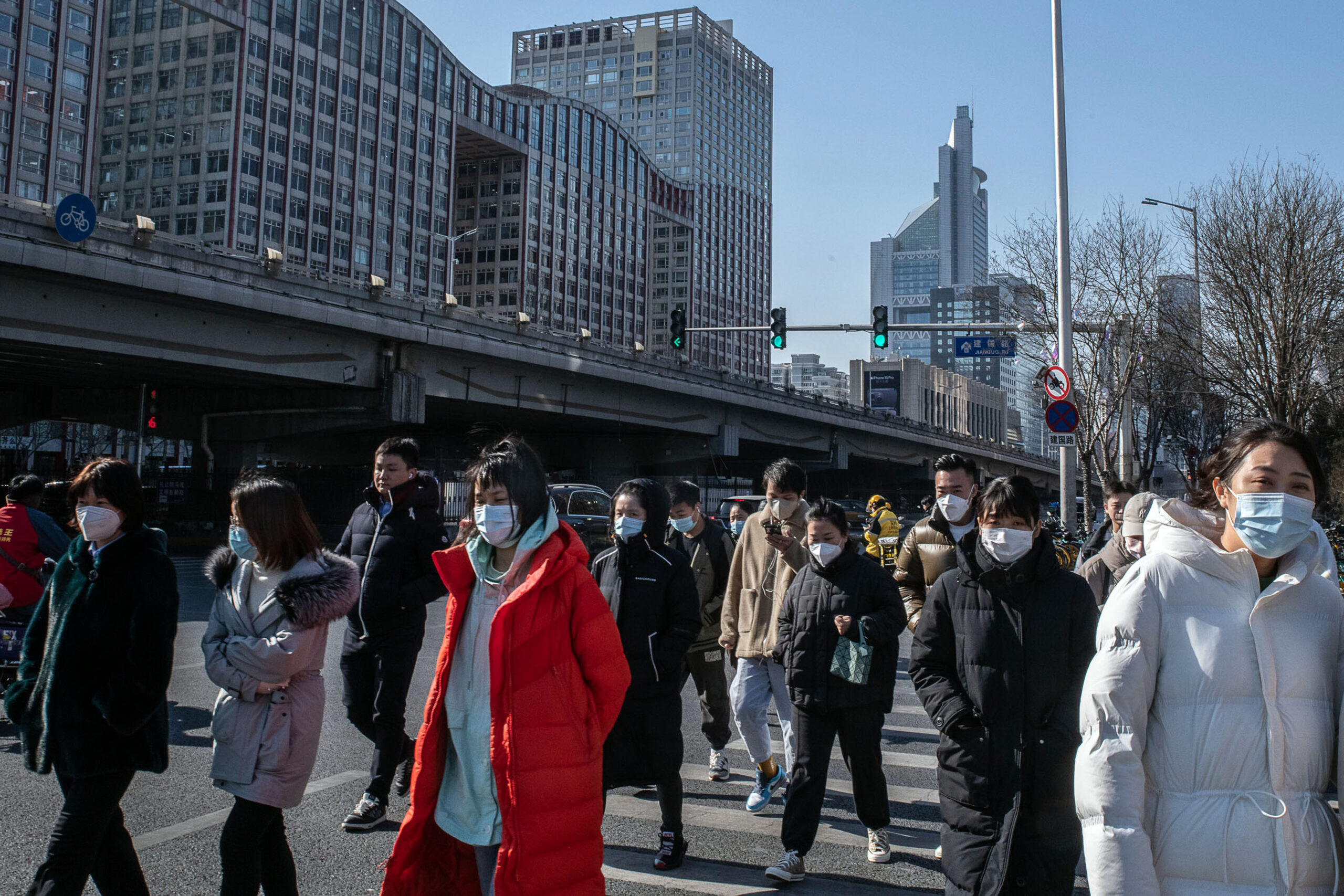Asia-Pacific markets were mostly higher on Tuesday, driven by new data showing a significant drop in South Korea’s inflation rate. The figures, which indicate the lowest level of inflation in over three years, have been closely watched by investors who are eager for signs of economic stability in the region.
According to the latest report, South Korea’s Consumer Price Index (CPI) increased by 2% year-on-year in August, down from 2.6% in July. This marks the lowest inflation rate the country has recorded since March 2021 and aligns with expectations from a Reuters poll of economists. The decline in inflation is seen as a positive sign that the upward pressure on prices is beginning to ease, which could lead to a more stable economic environment in the near term.
Month-over-month, the CPI rose by 0.4%, slightly above the 0.3% rise predicted by analysts. While this indicates some ongoing price increases, the overall trend of decreasing annual inflation suggests that South Korea is on a path toward greater economic stability, which could influence the Bank of Korea’s future decisions regarding interest rates and other monetary policies.
The market response to this news was generally positive. In Japan, the Nikkei 225 rose by 0.18% in early trading, with the Topix index also gaining 0.38%. These increases reflect investor confidence in Japan’s economic resilience, bolstered by the positive developments in South Korea.
In South Korea, the Kospi index moved up by 0.17%, continuing its recent upward momentum, while the Kosdaq, which tracks smaller-cap stocks, posted a modest gain of 0.02%. These movements suggest that investors are cautiously optimistic about the country’s economic prospects following the release of the inflation data.
In contrast, Australia’s S&P/ASX 200 index dropped by 0.39%, indicating a more cautious sentiment in that market. The decline could be attributed to broader concerns about global economic conditions and specific challenges within the Australian economy.
Meanwhile, in mainland China, CSI 300 futures remained flat at 3,265.4 after the index hit a seven-month low on Monday. The ongoing difficulties in China’s real estate sector continue to exert downward pressure on the market, contributing to the overall flat performance.
In Hong Kong, Hang Seng index futures were slightly down, trading at 17,671, just below the previous close of 17,691.97. The market continues to face headwinds from both domestic and international factors, including geopolitical tensions and uncertainties surrounding the global economic outlook.
With U.S. markets closed on Monday due to the Labor Day holiday, attention is now shifting to how American markets will perform when trading resumes. Early indications suggest a muted start, with futures for the Dow Jones Industrial Average, S&P 500, and Nasdaq-100 all showing slight declines. This suggests that U.S. investors are approaching the new trading week with caution, particularly in light of the mixed signals from global markets.
As the Asia-Pacific region continues to digest the implications of South Korea’s latest inflation figures, the overall mood remains one of cautious optimism. Investors are likely to keep a close eye on further economic data and policy announcements that could influence the direction of the markets in the coming days.









